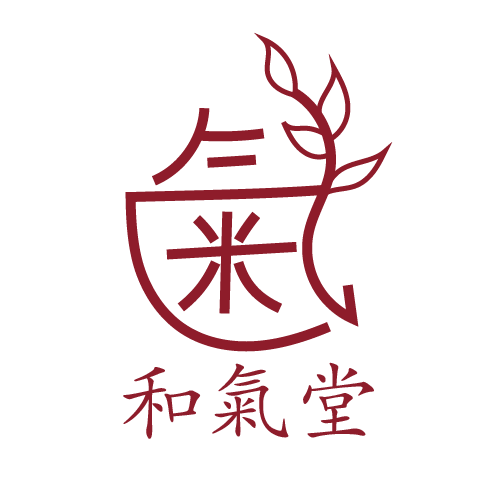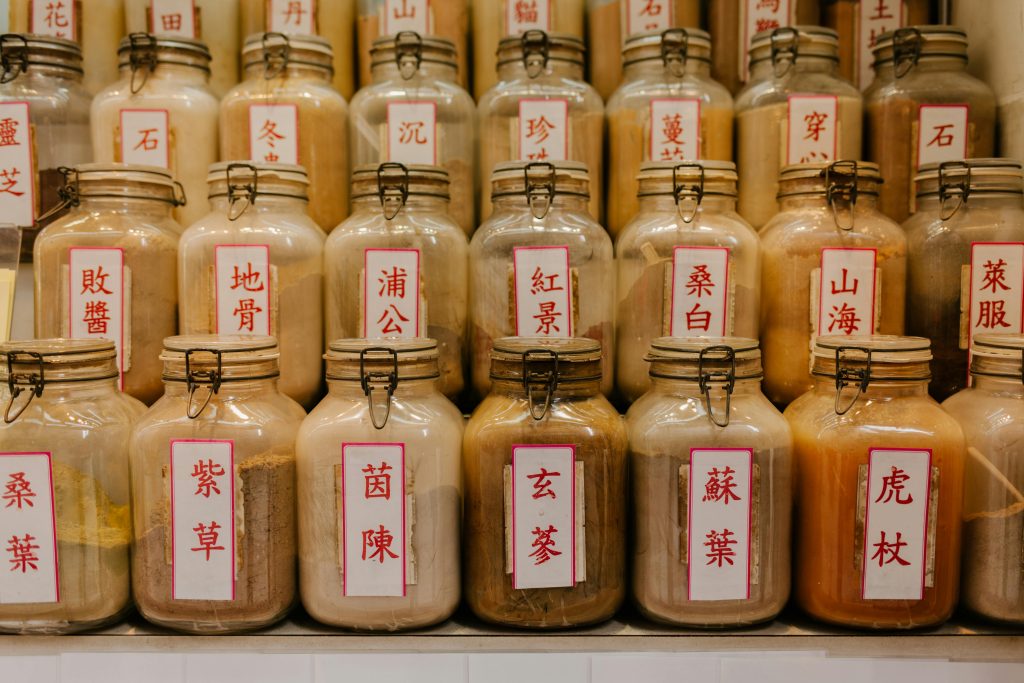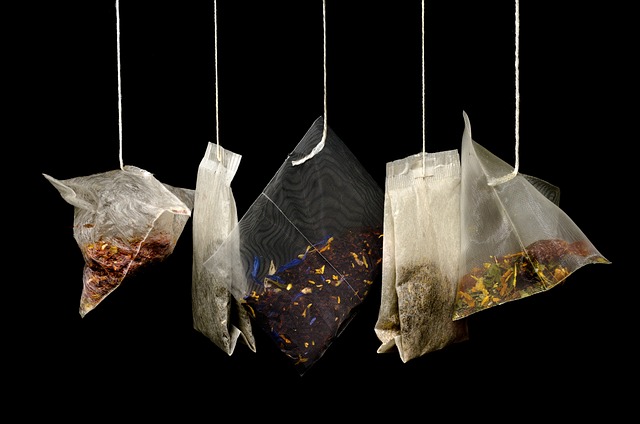A Timeless Tradition: The History of Chinese Herbal Medicine
Chinese herbal medicine boasts a rich history dating back thousands of years. Its roots lie in ancient philosophies like Taoism and Confucianism, which emphasize harmony between humans and nature. Early texts like the “Shennong Bencao Jing” (Divine Farmer’s Materia Medica) documented hundreds of medicinal plants, laying the foundation for this intricate system of healing. Over centuries, Chinese herbal medicine evolved, incorporating new knowledge and adapting to changing needs. It has played a vital role in maintaining health and treating various ailments across generations, offering a unique perspective on the human body and its interaction with the natural world.
Healthy. Harmony. Heritage.
Bird's Nest
Delicacy made from the solidified saliva of swiftlets, typically found in Southeast Asia. It is prized for its purported health benefits, including boosting the immune system, improving skin health, and aiding in recovery from illness.
Precious Herb
Typically refer to a category of rare and valuable plants used in traditional medicine. These herbs are often cultivated in specific environments and possess unique properties that are believed to offer significant health benefits. Examples of precious herbs include ginseng, cordyceps, and lingzhi.
Abalone
Type of marine mollusk prized for its delicate flavor and firm texture. It’s often considered a luxury seafood due to its scarcity and high demand. Abalone is rich in nutrients, including protein, vitamins, and minerals, and is believed to offer potential health benefits.








